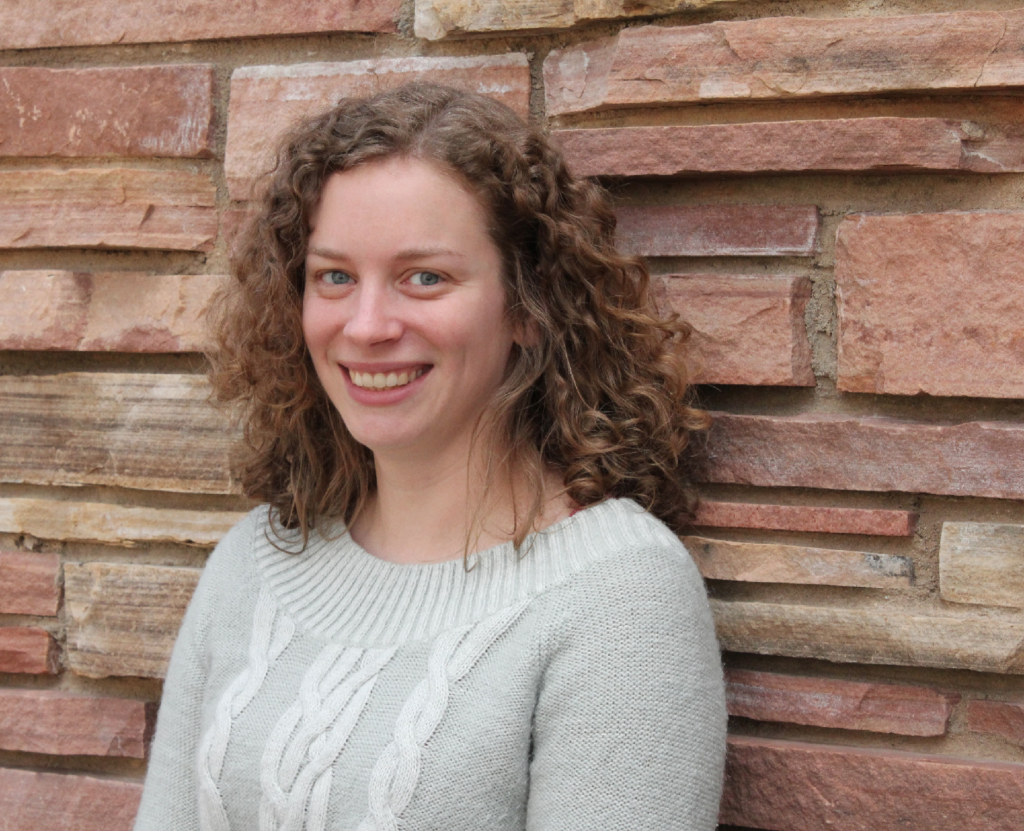Tuesday, November 14th
In-Person Meeting
Virtual Zoom Option
7:30 PM EST
Dr. Helen McCreery
Dept. of Biology, Tufts University
Problem solving and flexible control in self-organized collectives
ABSTRACT: Across levels of organization—from subcellular processes to massive animal migrations—groups accomplish tasks well beyond what individuals can do. Among the most charismatic examples of this are the accomplishments of ant colonies. Ant colonies perform impressive tasks that are impossible for individual ants. In general, there are many benefits to collective action—e.g. it is typically scalable and robust—but there are also costs associated with collective systems, including high “inertia”, which is thought to result in a loss of flexibility. For example, the positive feedbacks that allow an ant colony to choose among resources may be hard to counteract if the chosen resource disappears. Yet for some tasks, ants rapidly respond to changing conditions. I will discuss the mechanisms of ants’ collective action in two tasks that require extreme flexibility: maze-like obstacle navigation during cooperative transport, and self-assembly of living bridges in army ants.
NOTICE: Welcome to the second CEC meeting of the 2023-2024 academic year! We will be holding hybrid meetings to accommodate COVID-19 precautions and audience members from around the world.
For those able to attend in person, we will have an informal dinner with the speaker at 6:00 pm at the Cambridge Common Restaurant. Our formal meeting runs from 7:30 – 9:00 pm in the Gilbert Room 101A of the Museum of Comparative Zoology (there will be signs to help direct). The meeting will begin with club announcements, followed by a 60-minute presentation by the invited speaker and Q&A. Membership is open to amateur and professional entomologists.




